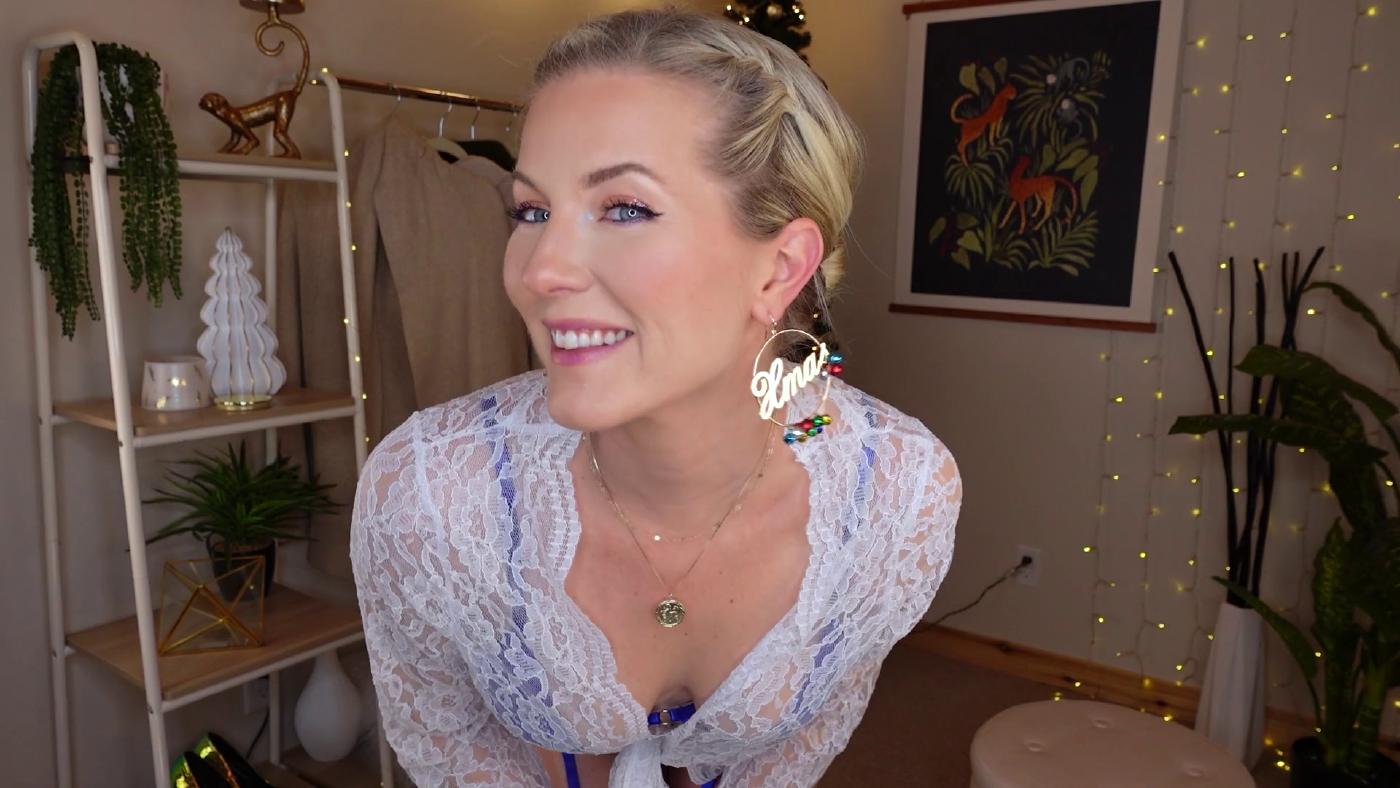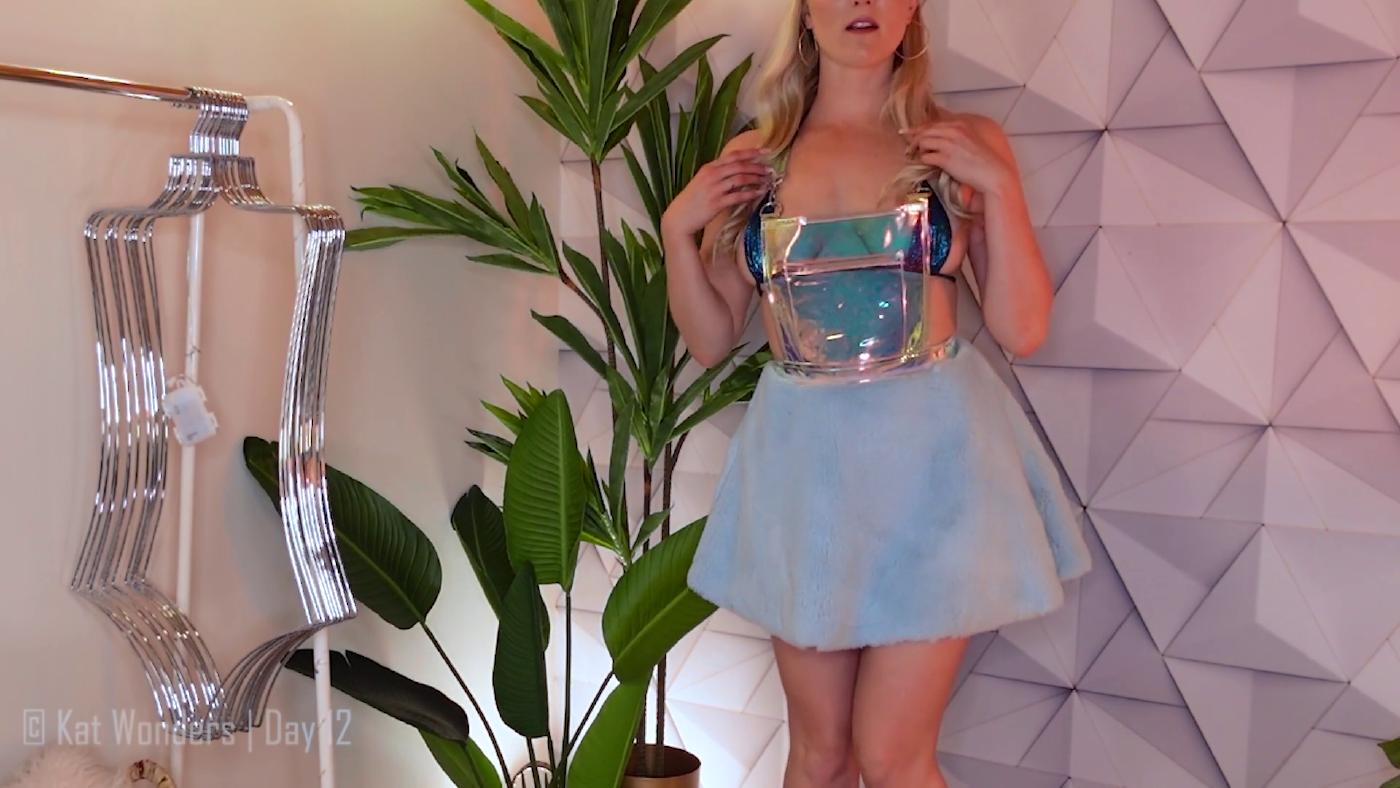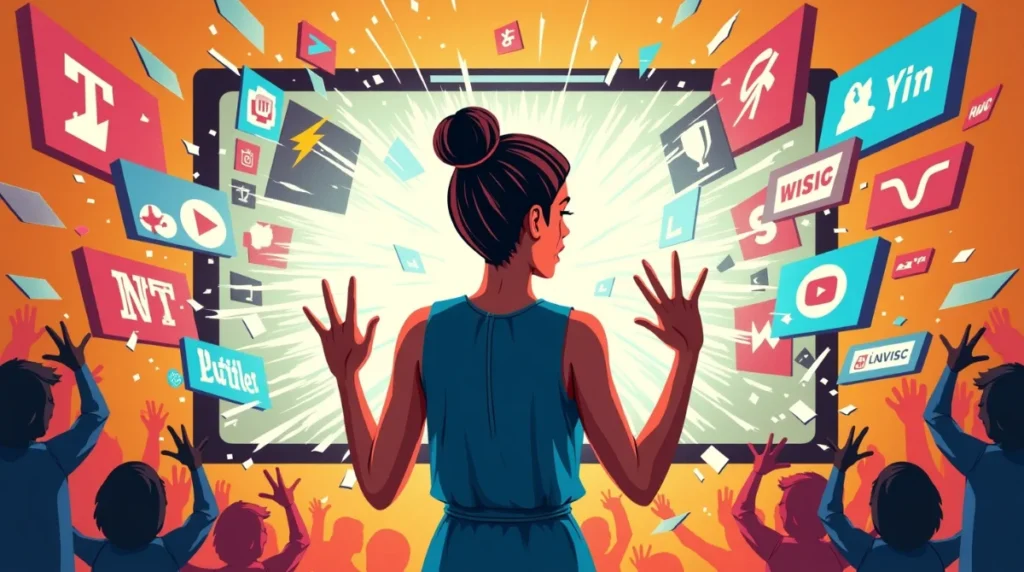Unfiltered: "Influencers Gone Wild" & The Dark Side Of Fame
Is the allure of social media stardom blinding creators to the very real consequences of their actions? The phenomenon of "influencers gone wild" reveals a disturbing trend of boundary-pushing behavior, often driven by the relentless pursuit of online validation and financial gain.
The digital landscape has become a breeding ground for outrageous content, with influencers constantly vying for attention through increasingly provocative stunts and controversial actions. While some might see this as harmless entertainment, the reality is far more complex. The actions of these individuals can have far-reaching implications, affecting not only their own reputations but also the values and perceptions of their followers. This article delves into the murky world of "influencers gone wild," exploring the motivations behind such behavior, the potential consequences, and the broader impact on society. The glamorous veneer of social media fame often conceals a chaotic and untamed world beneath the surface, and it's time to pull back the curtain.
The term "influencers gone wild" encompasses a wide range of behaviors, from seemingly innocuous pranks that quickly veer into dangerous territory to deliberate acts of provocation aimed at shocking the audience. It's a reflection of the immense pressure influencers face to create engaging content and maintain their relevance in a hyper-competitive environment. But what drives these individuals to cross the line, and what are the potential repercussions of their actions?
The desire for attention is a powerful motivator. In a world where online engagement translates directly into monetary value, influencers are incentivized to do whatever it takes to capture eyeballs. This can lead to a willingness to push boundaries, experiment with risky content, and even engage in illegal or unethical behavior. For some, the fear of losing followers or falling out of favor with the algorithm is enough to justify increasingly outrageous acts. The pursuit of virality becomes an obsession, with the ultimate goal of achieving global recognition and reaping the associated financial rewards.
The pressure to conform to certain trends also plays a role. The social media landscape is constantly evolving, and what was once considered shocking or innovative can quickly become commonplace. Influencers are constantly striving to stay ahead of the curve, often emulating the behavior of their peers and pushing the boundaries of what is considered acceptable. This can lead to a cycle of escalating outrageousness, as each individual tries to outdo the others in a bid for attention. Furthermore, there's a lack of accountability, as social media platforms are often slow to respond to harmful content, allowing problematic behavior to persist and even thrive.
The responsibility of an influencer is substantial. As influencers gain fame, they hold significant responsibility in shaping societal values, consumer trends, and cultural conversations. Their followers often look up to them, mimicking their behavior, accepting their opinions, and buying the products they promote. The line between influencer and role model becomes blurred, and the impact of their actions can be significant, especially among younger audiences. The ethical implications are undeniable.
The actions of "influencers gone wild" can have serious consequences. They can face legal repercussions, damage their reputations, and even endanger the safety of themselves and others. But the consequences extend beyond the individual. The glorification of reckless behavior can normalize such actions, encouraging others to imitate them. This can lead to a decline in social responsibility and a erosion of ethical standards. Moreover, the constant exposure to provocative and often offensive content can desensitize audiences, leading to a decrease in empathy and a rise in intolerance. The cycle continues with more shocking behavior with each passing day.
The term "Influencers Gone Wild" itself is an umbrella term that captures a multitude of behaviors. It isn't confined to a specific category, it includes everything from public indecency and stunts involving dangerous substances, to promoting scams and peddling false information. A few examples that are very prominent over the years.
One particularly egregious example is the display of nudity in front of a sacred tree, a clear act of disrespect towards cultural norms. In other instances, influencers have used their platform to promote products or services that are either fraudulent or potentially harmful. The repercussions of these actions are wide ranging. Besides the obvious legal risks they are also facing public backlashes, loss of followers, and reputational damage. But the damage that causes to the audience are a lot. The audience is more likely to try similar stunts to go viral, they end up spending their money and time on products that are not good for them. Moreover, the overall impact on ethical and social standards in society are at risk as it normalizes such reckless behavior.
The relentless pursuit of engagement leads many influencers down paths with negative consequences, leading to potential legal problems or safety hazards. The problem is further complicated by a lack of regulation in the social media space. A large percentage of online platforms struggle with adequately monitoring or moderating content. This can lead to the proliferation of harmful content and a slower response to violations.
The impact of social media on consumer trends is well-documented. Influencers have the power to shape tastes and preferences, which can lead to a shift in consumer behavior, which also includes a rise in impulsive purchases and a preference for fleeting trends. Advertising scams involving influencers are growing in prevalence, and often target vulnerable audiences. Due to their perceived authenticity, influencers are able to convince people to purchase products that are low in quality, or do not deliver on the promises made.
To foster transparency, ethical practices, and accountability, the influencer industry can evolve into a more positive and sustainable space. There are several steps that can be taken:
- Greater Transparency: Influencers should be upfront about any sponsored content or brand collaborations, making it clear to their audiences.
- Ethical Guidelines: Encourage influencers to develop their own ethical guidelines and codes of conduct that govern the type of content they create.
- Platform Accountability: Social media platforms need to do more. They need to improve content moderation, respond to flagged content more efficiently and take stricter actions against influencers who violate guidelines.
- Consumer Education: Educate audiences on how to discern authentic information from sponsored content, and how to identify scams and fake products.
In conclusion, the "influencers gone wild" phenomenon is a symptom of a larger problem: the unbridled pursuit of online fame. While the allure of social media stardom is undeniable, the risks are significant. It is essential to recognize the power and responsibility that influencers wield, to hold them accountable for their actions, and to promote ethical practices within the industry. By fostering transparency, setting higher standards, and educating the public, we can begin to mitigate the negative consequences of this trend and create a more positive and sustainable digital landscape.
The path forward requires a multi-pronged approach. It requires greater self-regulation from influencers, stricter enforcement from social media platforms, and a more discerning public. Only then can we hope to curb the excesses of "influencers gone wild" and ensure that the digital world reflects the values of responsibility, respect, and ethical behavior.
The rise of platforms dedicated to documenting and sharing news and insights regarding the controversial actions of influencers, and the subsequent impact on society, reflects a growing awareness of the issue. These platforms often serve as a source of news, insights and discussions related to influencers, and how they are impacted by their acts of publicity.


